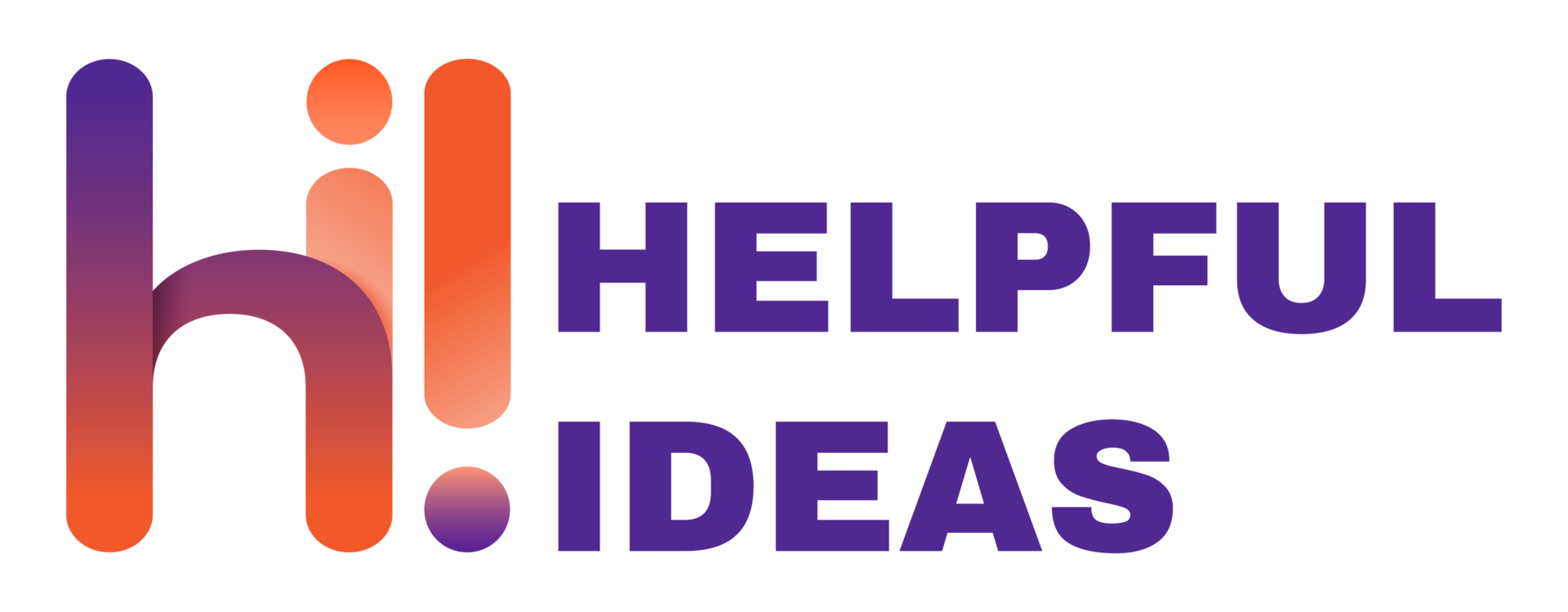In the vast ecosystem of finance, borrowing money is an instrumental tool for individuals, businesses, and governments alike. It offers immediate financial relief and allows for growth and development. Yet, with its benefits come associated risks and responsibilities. This article examines the pros and cons of borrowing money to help you make an informed decision.
Pros of Borrowing Money
Immediate Access to Funds: Especially in unforeseen circumstances such as medical emergencies or natural disasters, having swift access to money can be a lifesaver. It ensures that essential needs are addressed without the added burden of financial strain.
Facilitates Growth: Many of the world’s most successful businesses started with borrowed capital. Such funds can aid in product development, market research, or even global expansion, providing a competitive edge.
Builds Credit History: A robust credit history is not just about borrowing but about borrowing wisely. This history often plays a role when renting homes, securing job positions in some sectors, or even getting favorable insurance rates.
Tax Deductions: For instance, in many jurisdictions, the interest on a home mortgage loan is deductible from one’s taxable income. This not only reduces the effective interest rate but also provides relief during tax season.
Flexible Terms: Customized loan packages are available depending on the borrower’s requirements, be it a short-term payday loan or a long-term business loan.
Leveraging Opportunities: Real estate moguls, for example, often leverage borrowed capital to purchase properties which can yield significant returns in a booming market.
Preserving Cash Flow: Debt, when used strategically, can be a tool for maintaining liquidity, ensuring that day-to-day operations or personal necessities aren’t hampered.
Asset Appreciation: For instance, investing in a start-up might be risky, but if it becomes the next tech giant, the returns can be monumental.
Inflationary Benefits: This means borrowing money now can be cheaper in real terms if repaid in the future, especially with long-term loans.
Cons of Borrowing Money
Interest Costs: Just as compound interest can work wonders for investments, it can drastically increase costs for loans, especially if only minimum payments are made.
Potential Debt Spirals: Without proper planning, one loan can lead to another, creating a dangerous chain reaction of increasing debt.
Collateral Risk: Defaulting on loans, especially ones like mortgages, can lead to the traumatic experience of losing one’s home or essential assets.
Potential Negative Impact on Credit Score: A lower credit score due to mismanagement of debt can lead to higher interest rates in the future or even loan denials.
Emotional and Mental Stress: Studies have shown that prolonged financial stress can lead to health issues like sleep disturbances, depression, and anxiety.
Potential for Bad Financial Habits: Reliance on credit cards without a plan for repayment, for instance, can lead to habitual overspending.
Considerations Before Borrowing
The Necessity: Differentiating between wants and needs can drastically change the decision to borrow. For instance, while borrowing for a medical procedure might be necessary, doing so for a luxury vacation might not be.
Repayment Strategy: It’s essential to have a stable income source or a backup plan like savings or investments that can be liquidated if necessary.
Total Cost of Borrowing: Some loans come with hidden charges or penalties for early repayment. It’s crucial to be aware of the total cost to avoid unpleasant surprises.
Loan Terms: Many people fall into debt traps because they didn’t understand variable interest rates, balloon payments, or other loan terms. A trusted financial advisor or thorough research can prevent such pitfalls.
Conclusion
Borrowing, while being a cornerstone of modern finance, requires respect and understanding. Whether one is borrowing for personal reasons or business growth, it’s vital to weigh the potential advantages against the risks. Seeking counsel, continually educating oneself about financial products, and being self-aware about one’s financial habits can lead to informed, beneficial decisions.



